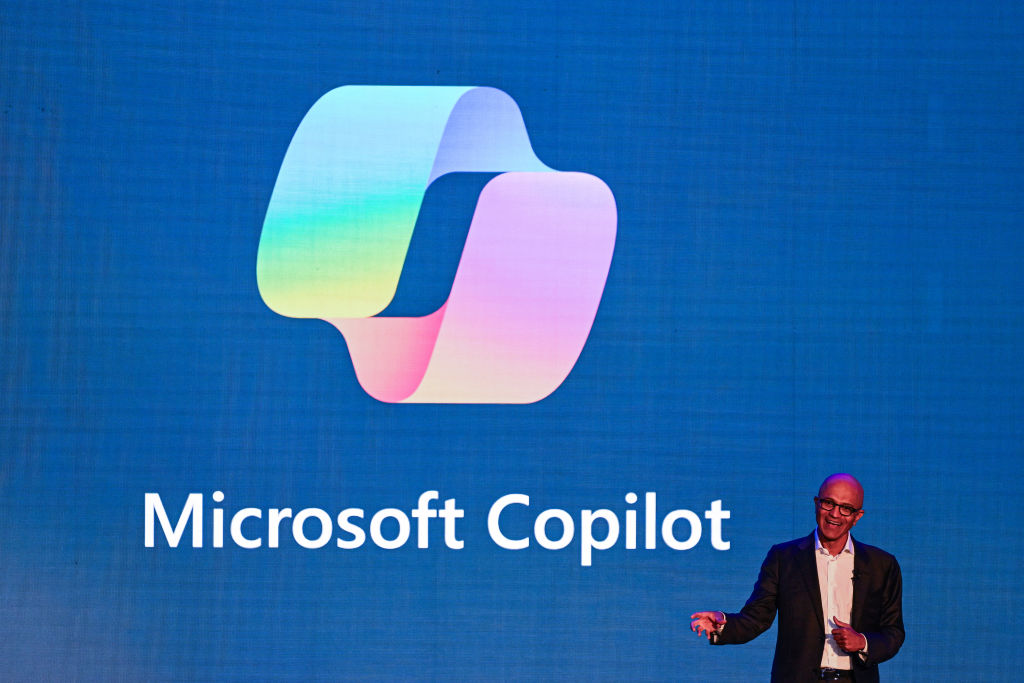Microsoft has recently introduced significant updates to its AI-powered Recall feature on Copilot+ PCs following extensive criticism from security researchers over potential privacy risks. Initially revealed last month, Recall was designed to be a revolutionary tool that captured screenshots while users worked, allowing them to search their computing history through natural language queries. However, security experts quickly pointed out that the feature’s extensive data collection and lack of sufficient protective measures posed severe privacy and security threats.
Understanding the Recall Feature
Recall, which debuted with significant fanfare, was initially marketed as a transformative feature that would enhance user productivity by documenting every action on the computer. The feature was capable of:
Automatically capturing screenshots: This would occur as users navigated their PCs, intending to create a searchable history of their activity.
Enabling natural language queries: Users could find past activities simply by typing in queries, aiming to improve efficiency.
However, the enthusiasm soon turned into concern as cybersecurity professionals highlighted the feature’s vulnerabilities. They warned that storing vast amounts of screenshot data could potentially become a goldmine for malicious actors.
Public and Expert Backlash
The alarm bells rang louder following a BBC investigative report, which exposed potential exploitations that could compromise sensitive information without proper user consent. This report, among other critiques, created a robust dialogue about the inherent risks associated with Recall. Key points raised included:
Privacy risks: The continuous storage and processing of screen captures raised significant concerns.
Security vulnerabilities: Potential for unauthorized access to sensitive information by hackers.
User consent issues: Lack of clear user consent mechanisms for data collection and storage.
Microsoft’s Response to Feedback
In response to the backlash, Microsoft’s Corporate Vice President for Windows + Devices, Pavan Davuluri, acknowledged the need for enhanced security measures in a blog post. The company announced several changes to Recall, intended to bolster user privacy and trust before its public launch scheduled for June 18. These modifications include:
Opt-in feature: Users will now have the choice to enable Recall, rather than it being a default setting.
Biometric authentication: Access to stored data will require Windows Hello face scanning, adding a layer of security.
Enhanced encryption: Additional encryption measures are to be implemented to secure stored data more robustly.
In detail, the changes to the Recall feature from its original to the updated version involve a shift from automatic enrollment to an opt-in model during its preview phase. Security authentication has been upgraded from a standard login to requiring biometric authentication through Windows Hello face scanning. Additionally, the data encryption approach has been strengthened from basic to advanced encryption to better protect user data.
Industry Reactions
The decision to update Recall has received mixed reactions. Cybersecurity expert Kevin Beaumont praised Microsoft for its swift action, noting the importance of user feedback in shaping technology. Conversely, Dr. Owain Kenway expressed skepticism about the feature’s appeal, citing a lack of positive feedback from the tech community.
The Path Forward: Testing and Refinement
Microsoft plans to conduct extensive testing with users who opt into the preview phase. This approach aims to gather additional data and refine the feature’s security framework based on user experiences and feedback. This iterative process is part of Microsoft’s commitment to aligning innovation with user security and privacy needs.
Implications for the Tech Industry
This incident illustrates the crucial balance tech companies must maintain between pushing the boundaries of AI technology and ensuring user privacy and security. It also highlights the significant role that public and expert scrutiny plays in the development and deployment of new technologies. As Microsoft navigates these challenges, the broader tech community and its users will undoubtedly continue to monitor how Recall evolves, potentially setting precedents for future AI integrations in consumer technology.
By addressing these concerns proactively, Microsoft not only aims to safeguard user data but also to restore and maintain trust in its innovative endeavors. As the digital landscape evolves, the interplay between innovation and privacy remains a pivotal focus for tech giants and their consumers alike.

